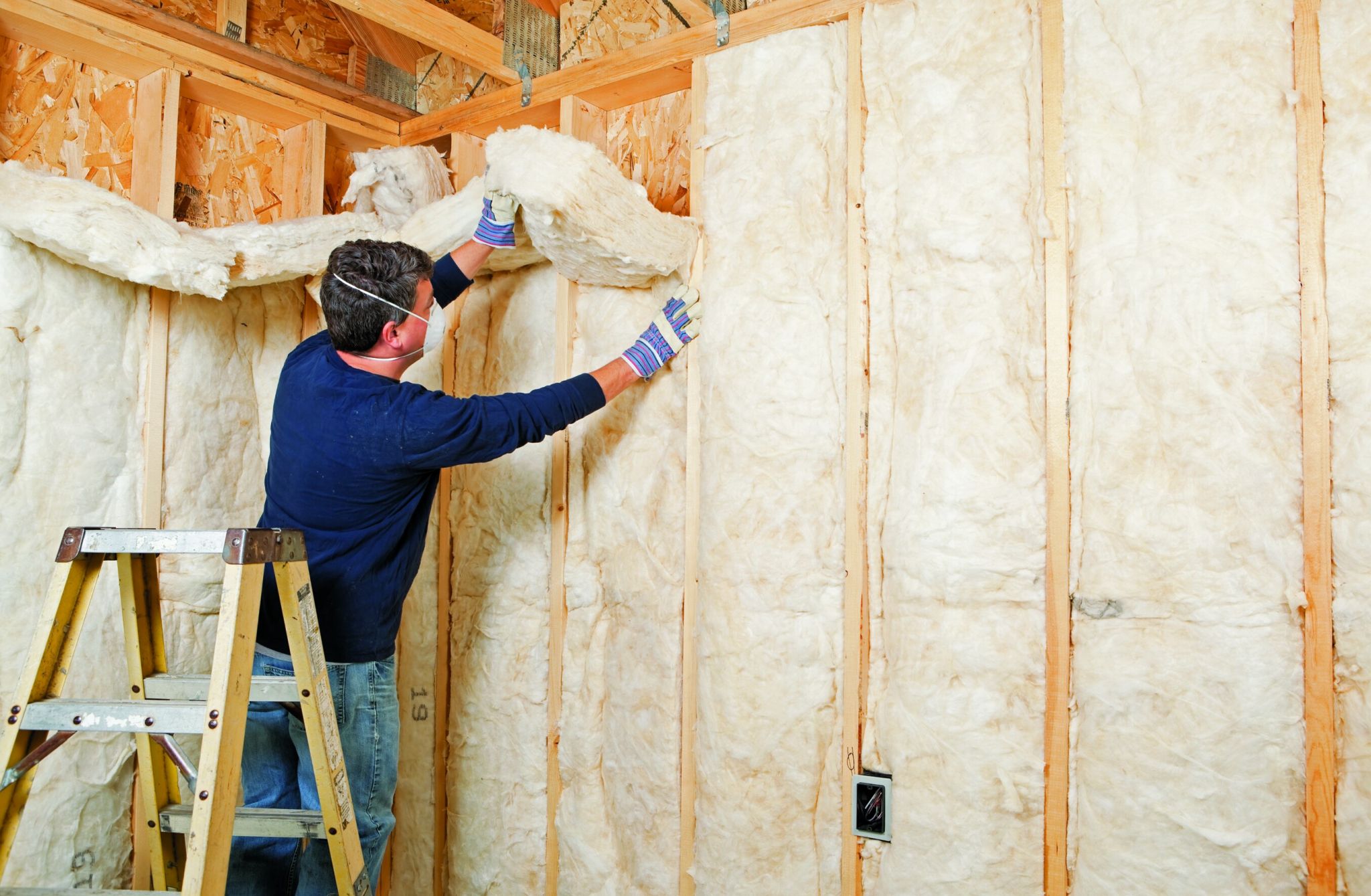The energy crisis that we are currently experiencing is spreading its shock waves to all levels of society. It is having a severe impact on the overall cost of housing and therefore on household budgets. In this complicated context, COFACE Belgian member, Fonds du Logement Wallonia helps families in need as much as possible.
Energy expenses, which can only be reduced at the margin, are essential and proportional to the size of the household. The current costs are therefore a large part of the budget for large families. For the Fonds du Logement Wallonia, which is in direct contact with these families, whether they are borrowers or tenants, the current tension is obvious.
Advice and useful information
During social interviews or technical visits, our services are at their side and provide useful advice and information. Halima Amagarou, a social worker in the credit department: “I frequently meet families who are unaware of the assistance available to them, such as the social rate or the Mebar plan [1]. Or others who don’t know that they can ask their suppliers to increase their monthly allowance… I usually refer them to their local social welfare, and in certain more problematic cases, I help them to obtain a debt settlement plan. If there is a dispute with the FLW, linked to late repayment of loans, I meet them at their home to regularize the situation as lightly as possible. With winter approaching, we fear difficult situations. Fortunately, many borrowers have already improved the energy performance of their homes.
The demand for “renopacks” (energy work loans with a premium) and renoprêts (energy work loans without a premium) has increased considerably in 2022. About a hundred applications are submitted on flw.be every month. Adrien Colaux, head of the web unit says: “the FWL is seeing an increase in demand for financing equipment that produces a real energy gain: photovoltaic panels, biomass heating systems or heat pumps, roof insulation, etc. The FLW analyzes all requests and provides personalized advice according to the energy performance of the home, the work to be considered, income, age of children, etc. The paid energy audit, made prior to any renopack since 2019, can be avoided if the planned work concerns the roof, electricity, or some heating work: “even if the audit remains a tool to be favored, confirms Adrien, it is no longer essential to receive a premium related to the placement of a shovel stove, for example.”
Since June 2022, to enable households to lighten their budget, the FWL has offered borrowers the possibility of reducing their monthly repayment: “this is done at the request of the interested parties, but in fact,” Adrien tells us, “It is now possible for us to lower the monthly payment, rather than the duration of the loan when the work is completed and the premiums paid. This is a way for borrowers to slightly increase their monthly purchasing power and thus better cope with rising energy costs.
[1] https://energie.wallonie.be/fr/obtenir-une-aide-en-tant-que-menage-a-bas-revenus.html?IDC=6369 (FR)





